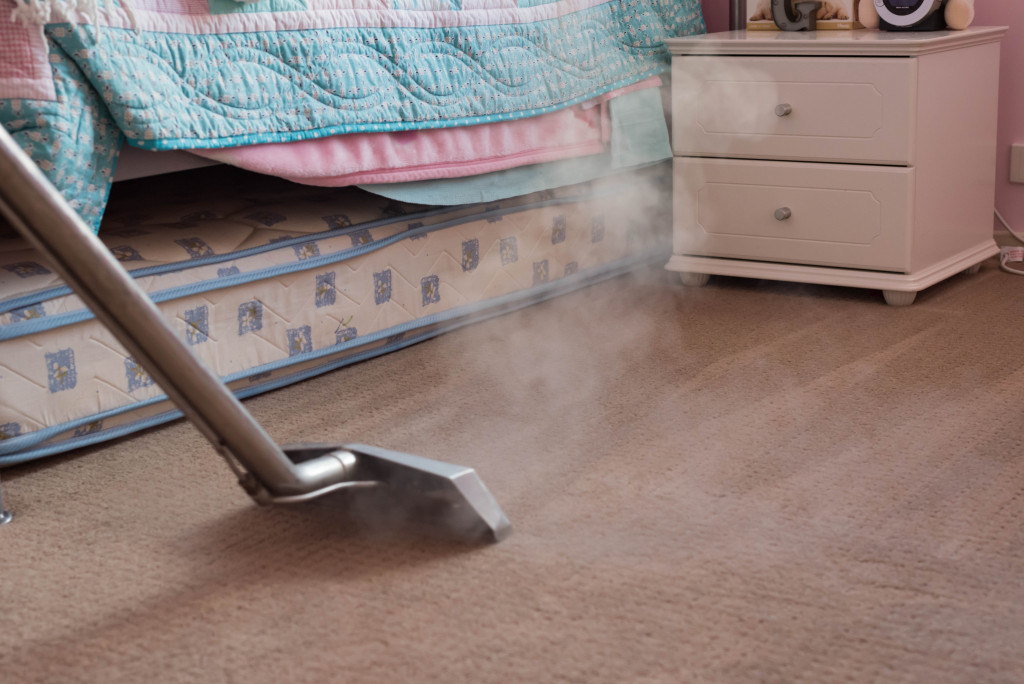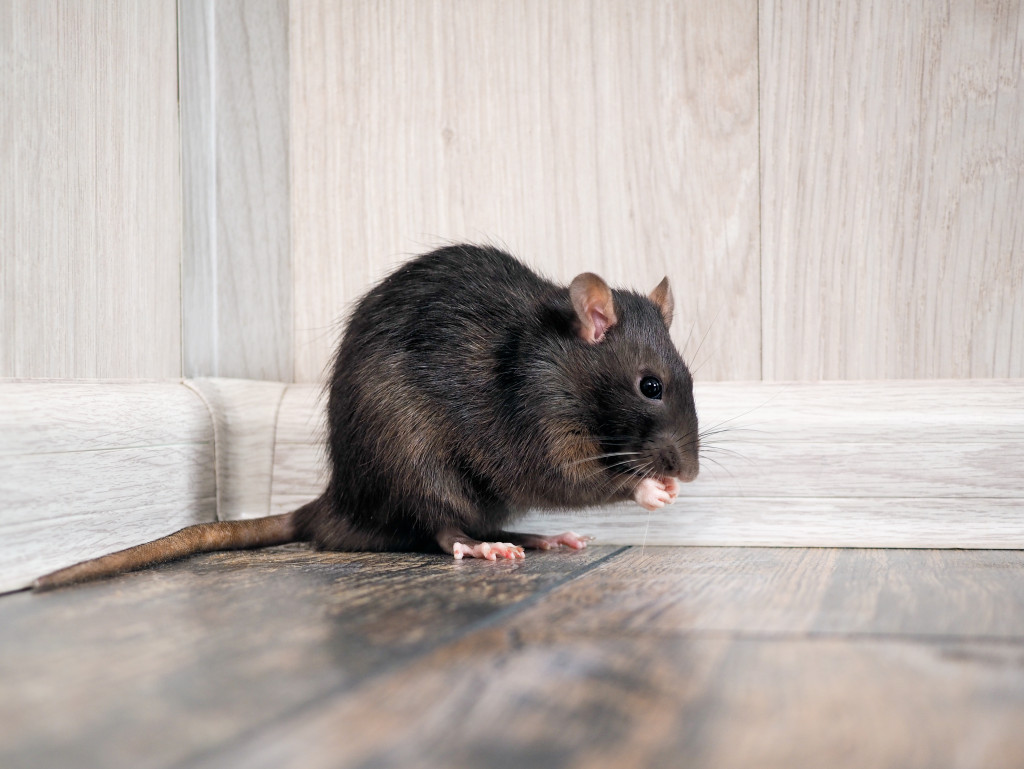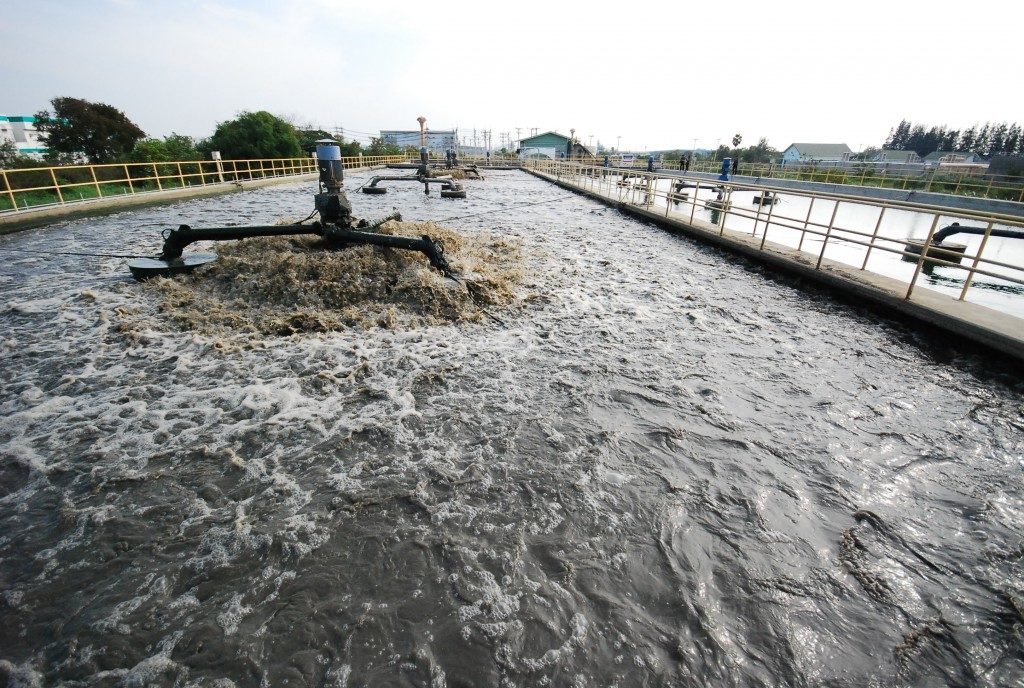While some pests hibernate during winter, others seek food and heat sources such as rats, roaches, spiders, and raccoons.
House Mice
The most common rodents we encounter are house mice. They contaminate food and carry diseases with them that cause Salmonella and tapeworms. They can also cause severe property damage by chewing through drywall and electrical wires, which can cause fires.
Pro Tips:
- Since mice fit through openings as small as a dime, take time to seal all holes and cracks around your home.
- Mice like to use clutter and mess as hiding places. Keep your home clean and clutter-free and place storage boxes on shelves and in closets.
- Keep an eye out for traces or hints of mice around your home. The typical indicators are damaged food, scratches, gnaw marks, and droppings.
German Cockroaches
German cockroaches are the most common species all over the world. They live in areas close to food and moisture, which is why they also make their home in your home. They carry bacteria and human pathogens and can contaminate food.
Pro Tips:
- Dispose of your garbage correctly.
- Vacuum regularly.
- Make sure counters, table surfaces, and floors are free of crumbs and continuously clean.
- Regularly inspect kitchens and bathrooms, particularly under the sinks and appliances.
Norway Rats
Norway rats are much larger than the regular house mouse and are carriers of many diseases like jaundice, cowpox virus, and rat-bite fever. They gnaw through everything to get to a food or water source.
Pro Tips:
- Like house mice, Norway rats can also fit in holes as small as the size of a quarter. Seal and caulk gaps and cracks around the house to prevent them from coming in.
- Minimize — or if possible, eliminate — any moisture sources in basements and crawl spaces.
- Take time regularly to look for any signs of Norway rats, especially greasy rub marks due to their oily fur.
Brown Recluse Spiders

Like most spiders, brown recluse spiders like to spin their webs in undisturbed places, such as basements, crawl spaces, attics, and closets. However, once disturbed, these spiders might bite and inject venom, which makes them dangerous. If you think you have an infestation, it is best to call for professional help for spider control.
Pro Tips:
- Spiders like hiding in shoes, gloves, baseball mitts, and other wearable items that aren’t as frequently used as others. Keep these stored in plastic containers.
- Keep your shrubs trimmed and cut any tree limbs and branches hanging over your house’s roof to prevent spiders from finding their way inside your home.
- If a spider bit you, seek medical attention immediately.
Raccoons
These wild animals, which are major rabies carriers in the US, occasionally trespass on properties whenever they are in search of food or denning spots. They enter homes through chimneys, attics, and crawl spaces.
Pro Tips:
- Keep your trashcans and recycling bins in enclosed spaces such as an outhouse or a shed. If your trash is kept outdoors because you don’t have any interior space for them, make sure you use trash bins with animal-proof lids.
- Pay attention to possible entry points around your property, such as damaged vent covers. Make the necessary repairs or replacements as soon as possible.
- Keep tree branches trimmed back to reduce the chances of raccoons getting in.
- Put mesh covers on chimneys and other openings to keep them from entering.
Before winter comes, you need to make sure that you take the necessary precautions to prevent these pests from coming into your home and wreaking havoc. The tips stated above should help prevent and minimize pest infestation over the next few months.





